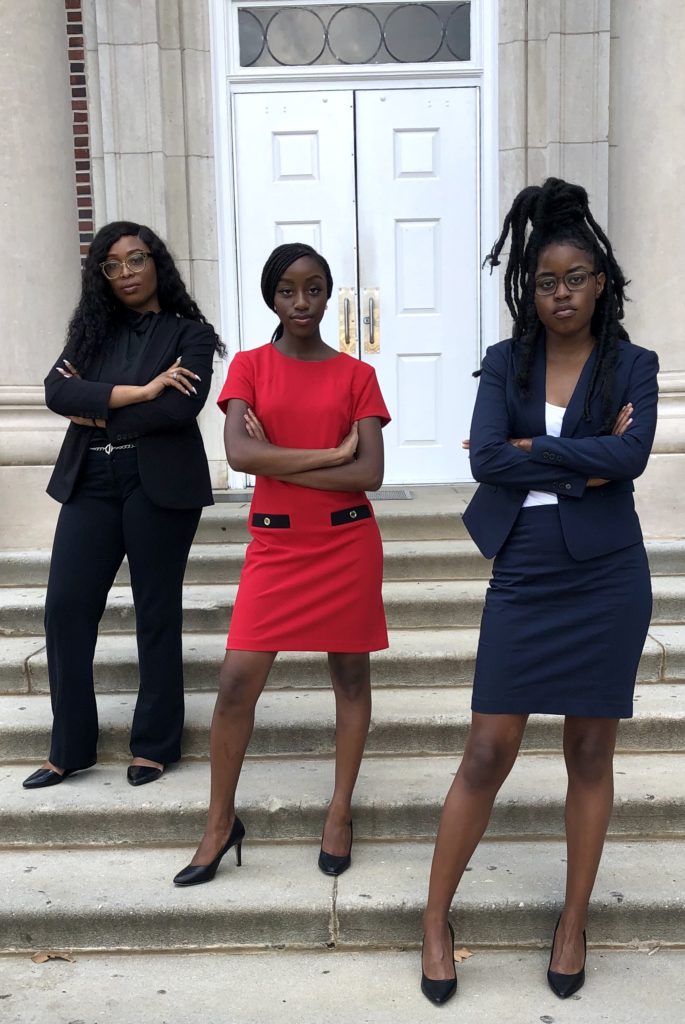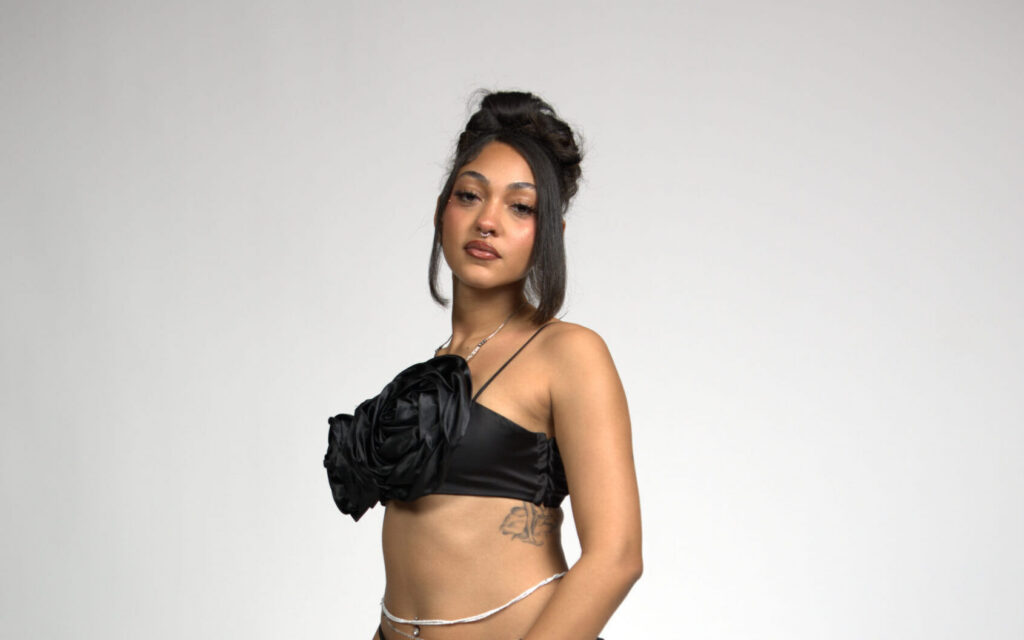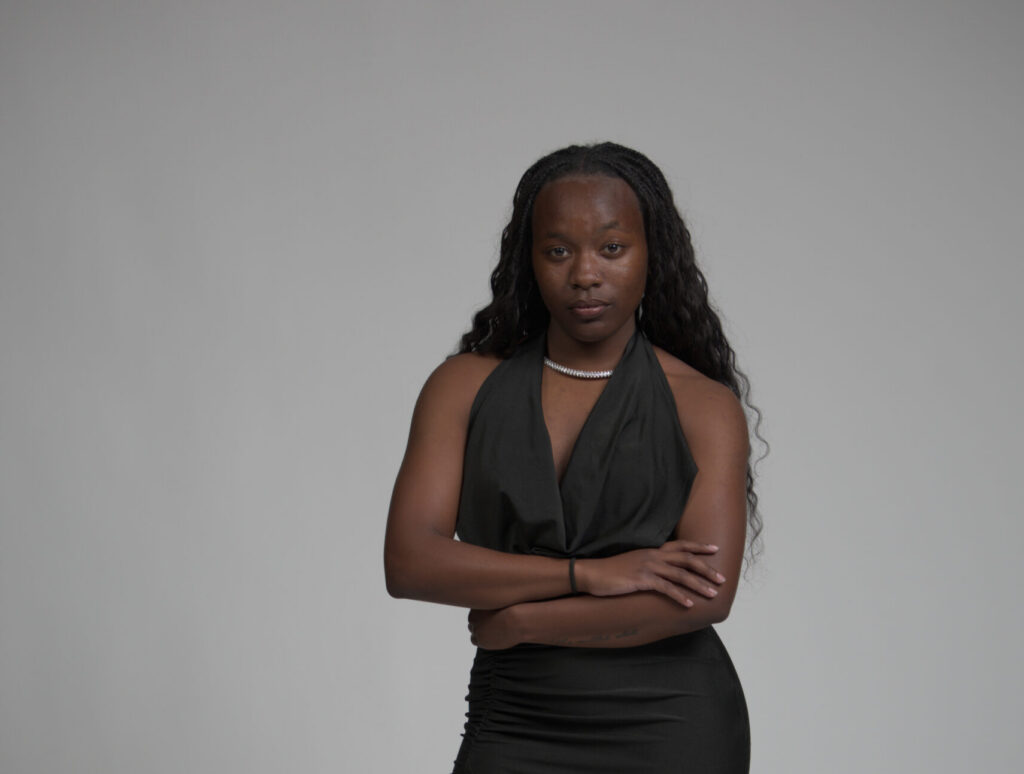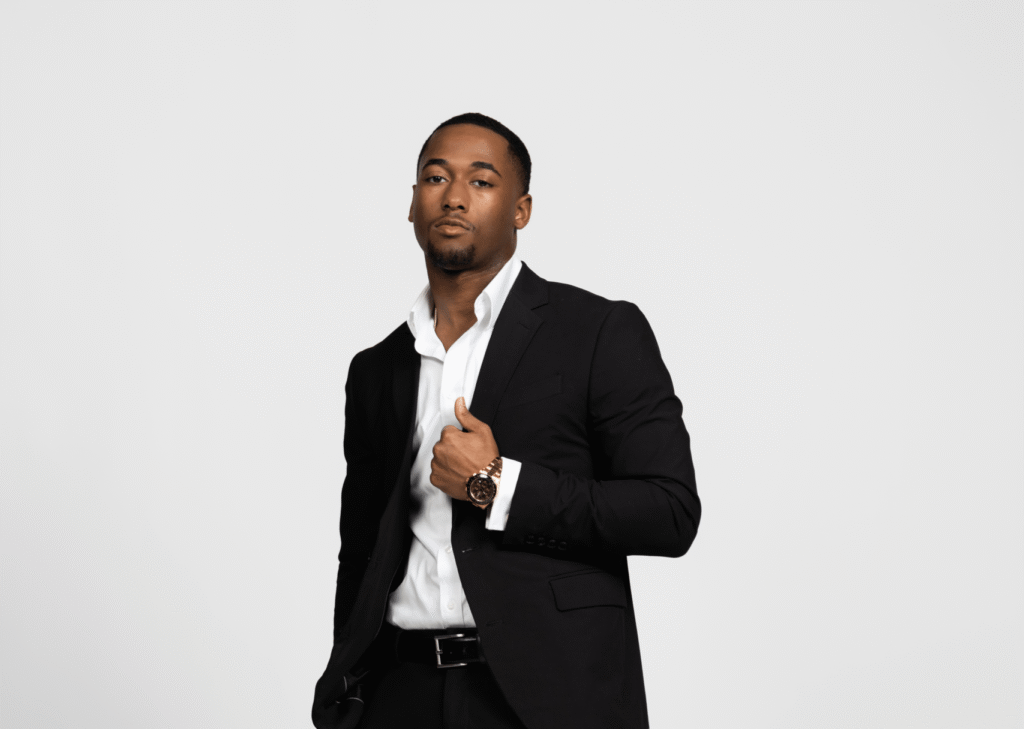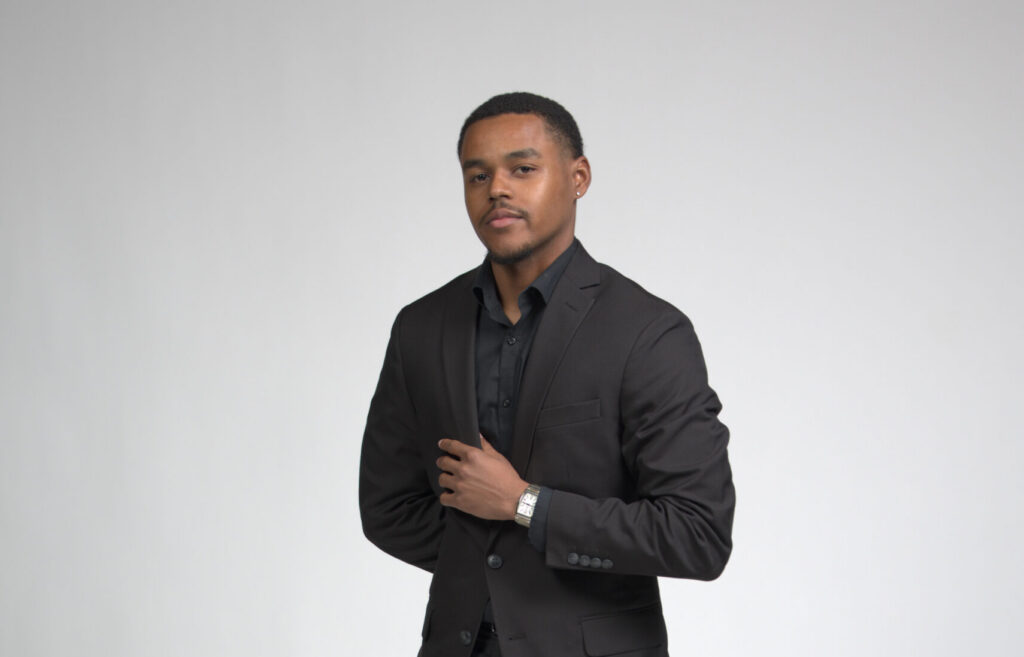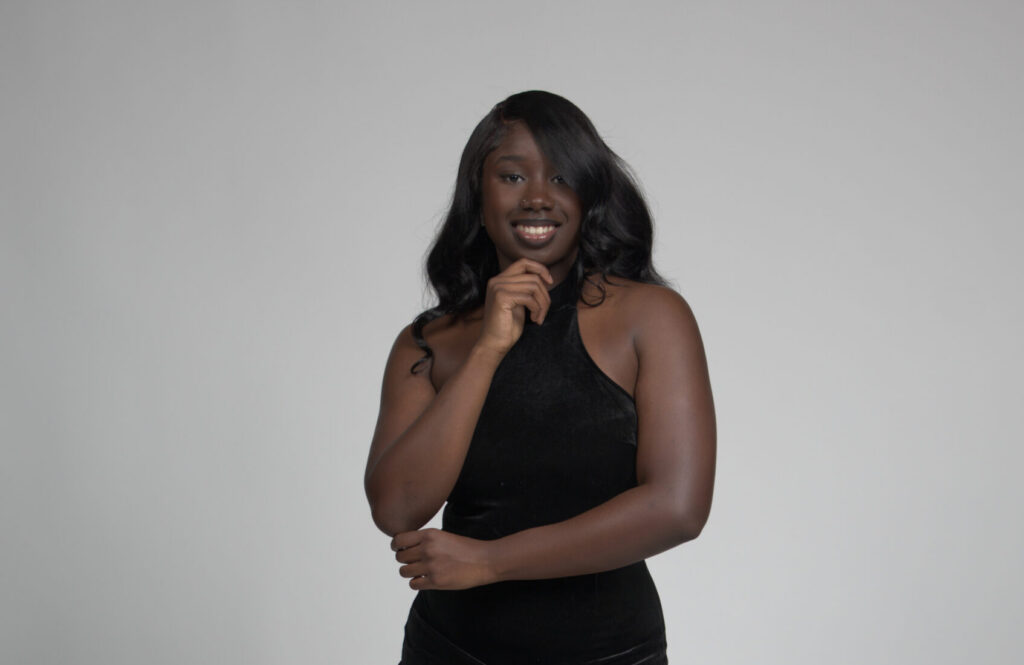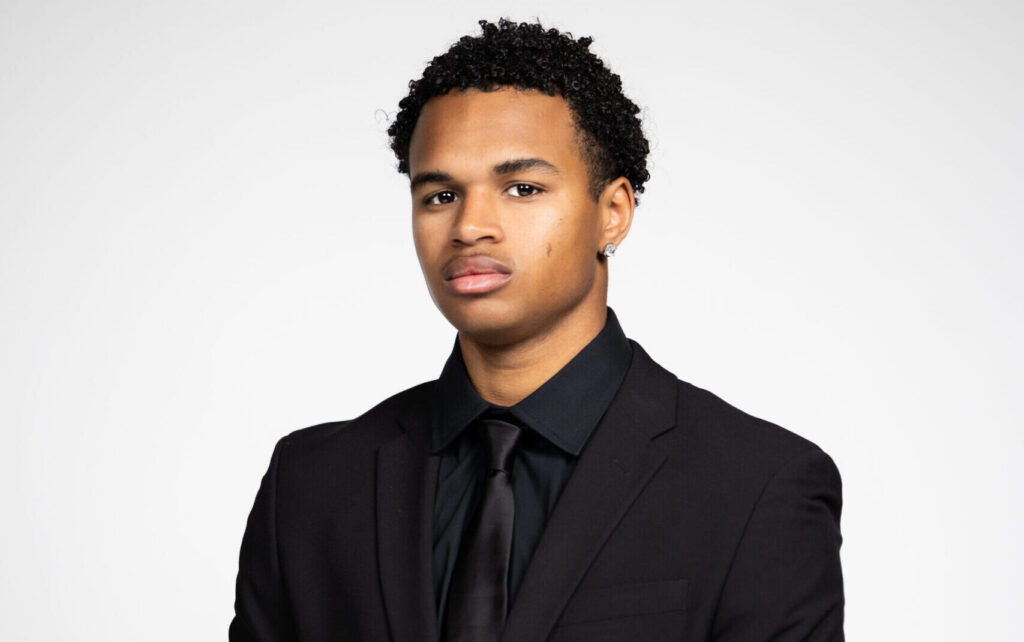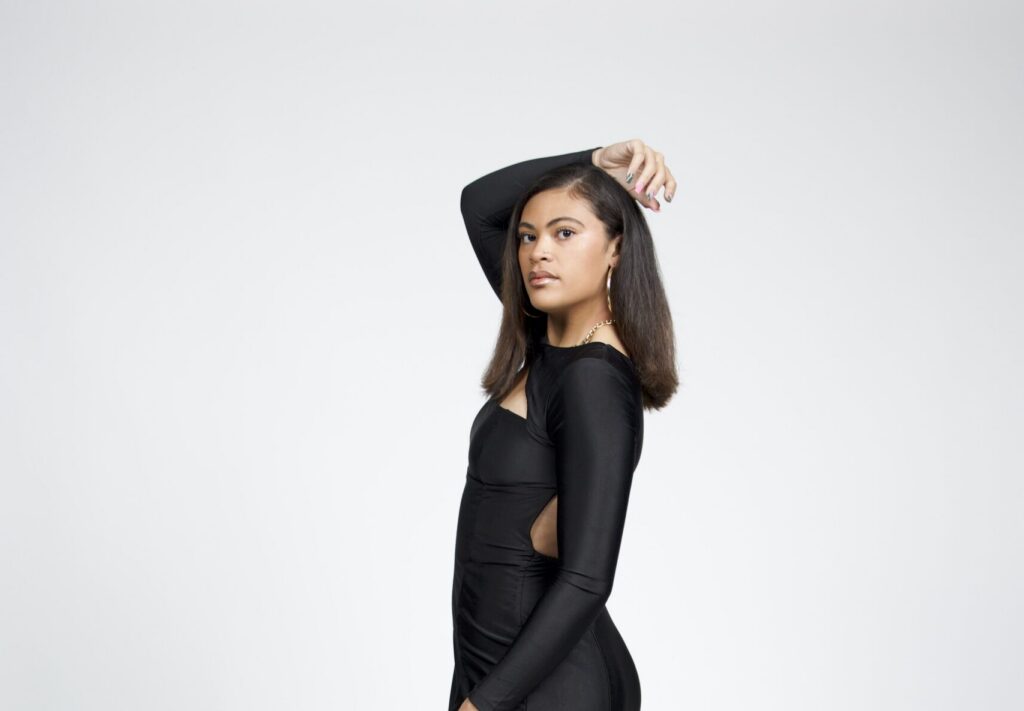One of the many struggles of a black woman comes from the way she wears her hair in fear that the way she carries herself isn’t professional enough. The disrespect and discrimination that black women receive from society can be a big enough weight to carry in itself. Even human rights leader Malcolm X famously said “The most disrespected person in America is the black woman.”
Natural hair to a black woman is how they self-identify with their culture and with themselves. Many black women think of their hair as being tied to their souls and embedded in their nature.
“My natural hair is my form of expression,” said Asiah Bellinger, a fourth year bio-pre medicine student and president of Campus Curlz. “It is self-pride in who I am and my culture. When I went natural it was like a form of rebellion.”
Campus Curlz is an on-campus community service organization that inspires and educates people about natural hair and how to manage and love their natural beauty.
Black women are often ridiculed and not accepted due to how they choose to wear their natural hair. The way that they choose to express themselves is through the art form of their hair. Black women are often asked to try a hairstyle that is deemed professional in a corporate setting.
“[My former employers] used to criticize me a lot when I would wear my natural hair,” said Morgan Pinnock, a third year pre-physical therapy student. “They would say ‘You don’t think you should wear a sew-in or a wig’ and for the longest I said maybe I should. I have been called out about my hair and they would say it’s not appropriate.”
Black women also struggle with their own and others’ acceptance of their hair due to the stigmatized view on natural hair in the world. Society puts so much pressure on black women to the point where they accept and assimilate European hairstyles.
“I spent a good portion of my life with a perm and I was used to the straighter look because I thought it looked more professional,” said Lacrai Mitchell, a SJGC alumna and CBS news campaign reporter. I was comfortable in it and that was what I knew. Having the self-confidence and maturity, you should never feel ashamed how you were created.”
“Black women of course want to be different, but we still want to be businesslike,” said Pinnock. “We do not want to do too much like the stereotype of an angry black woman. I did not want to be a statistic and what a lot of people prejudged. The long 20-inch frontal was one of the things I used to fit in at my job since I was the only black girl there.”
Currently, there is a movement of black women with natural hair empowering others to accept their natural beauty in their own skin by wearing their hair the way they choose to. Although some Black women are starting to appear in more positions wearing their natural hair, there is still a push for Black women to get in even higher roles and positions to show representation of Black culture and hair.
Natural hair is starting to become accepted in society due to the acceptance of certain liberal aspects. California and New York recently passed laws that allows black women to not be discriminated against, especially in the corporate setting, due to their natural hair.
“We should see more Black women in higher up positions wearing [natural hair], said Pinnock. “You do not see a lot of Black CEOs or CFOs wearing their natural hair. It starts from the head.”
“Society has a European standard of beauty and it was made like that from the very beginning and until some people that look like us get into higher positions there won’t be a push to accept diversity there is a push now with social media,” said Bellinger.
Black women also spend so much time, effort, and put so much money into their hair only for their hair to not be accepted in their work environment or setting.
“If I had to estimate how much money I spent on my natural hair products it would be about $50-60,” said Pinnock.
Young black women need assurance that their hair and skin is naturally beautiful so that they can feel confident to go out and apply for positions that they feel they could be successful in.
“Take pride in who you are, it is something that literally grows out of your head, said Bellinger. “I don’t see any point in changing and trying to contort yourself to fit someone else’s image. You can’t conform forever and you have to find somewhere that is open to diversity and who will accept you for who you are.”

